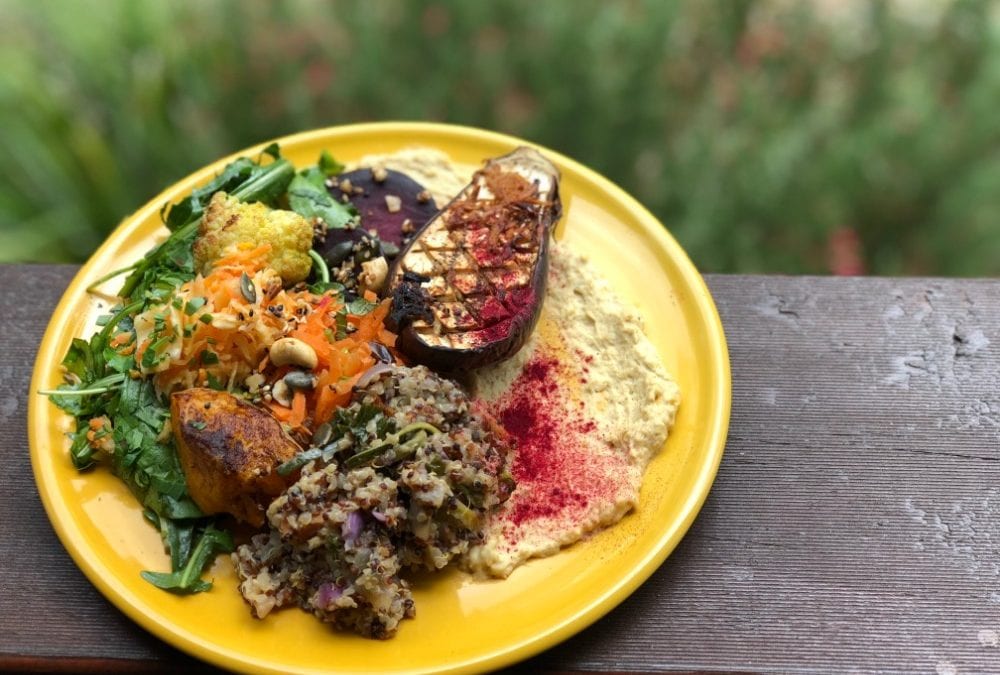Eating healthy can be tricky. For most of us, the discourse around nutrition and diet has come a long way since we zoned out whilst being fed the importance of the food pyramid or meat and two veg. Yet somewhat lucky and unlucky for us, many people are now zoning in, creating a plethora of information on what foods and diets are ‘right’. As a consumer we are spoiled for choice, but navigating a sea of conflicting sources can be tiring and confusing.
I choose not to weigh in on dietary discussions, instead opting for the philosophy that we all need to listen to our body and work out what works best for us. But, I do strongly believe in whole foods.
What are whole foods?
To put it simply, a whole food has undergone none to bare minimal processing or refining before consumption. You would classify it as unaltered from its natural state, yet still safe to eat.
When buying food, look for things that are ‘whole’, were the only ingredient is its self or very few others. The main whole foods categories are; grains, beans, legumes, nuts or seeds and fruit and veg.
The important point here is that nothing has been added to the food. Typically, processed foods will contain added salt, sugar, additives, preservatives, colours and flavours that impact the nutritional value and create imbalance in a healthy diet, not to mention the taste.
Whole foods, that are as fresh as possible, are known to have a higher nutritional value than processed foods. Eating a more whole foods based diet ensures your body is receiving a vast array of the nutrients it needs. At the same time, a whole foods based diet has been linked to lower rates of heart disease, cancer and type 2 diabetes.
Organic or Whole Food?
Importantly, a whole food does not equate to an organic food. Organic foods are those that are free of antibiotics, growth hormones or other synthetic chemicals. Organic fruit and veg are absent of pesticides, bio-engineering and irradiation.
The difference here is that whole foods don’t account for different techniques used in farming and packaging, where as organic does.
I choose to use organic ingredients due to the way it tastes, makes me feel and for the earth.
In my experience I have found organic food to be fresh, packed full of flavour and genuinely make us feel happier and healthier. From an ethical perspective, organic farming uses sustainable practices that are good for the environment and animals.
But how do I eat more whole foods?
You don’t have to cut out processed foods completely but slowly substituting them out is a great place to start. Try bringing more whole foods into the kitchen, try some of my recipes that will get you inspired. A great place to start is having fun making your own sauces for salads, chillis and pastas, removing many preservatives and additives that come with packaged substitutes.
Choosing to cook and eat more whole foods is proven to have significant health and nutritional benefits. Yet the joy comes from the fresh taste of cooking and experimenting with whole foods in the kitchen.
About The Author
Tash Burbury can be found cooking delicious meals at Billabong Retreat or you can find her at Northern Beaches markets every other Friday.
She also offers conscious catering blessed with high vibration, local and sustainable Australian flavours. Refined sugar free, vegan and gluten free available. You can find out more about her at https//:www.burburywholefoods.com &
https://www.instagram.com/burburywholefoods/


